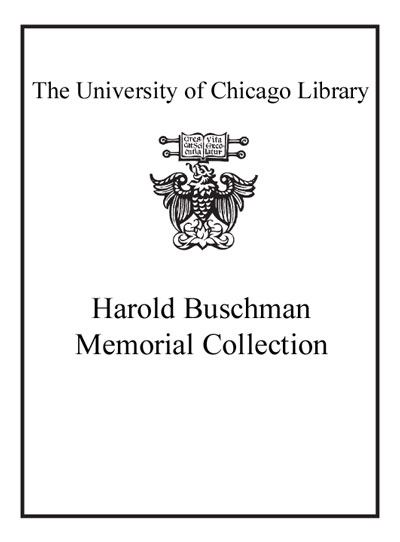The remembrance of death and the afterlife : book XL of The revival of the religious sciences, Iḥyāʼ ʻulūm al-dīn = Kitāb D̲h̲ikr al-mawt wa-mā baʻdahu /
Saved in:
| Author / Creator: | Ghazzālī, 1058-1111, author. |
|---|---|
| Edition: | 2nd edition with al-G̲h̲azālī's introduction to The revival of the religious sciences. |
| Imprint: | Cambridge, U.K. : Islamic Texts Society, [2015] ©2015 |
| Description: | xliv, 347 pages ; 25 cm |
| Language: | English |
| Series: | Ghazālī series Ghazālī series. |
| Subject: | |
| Format: | Print Book |
| URL for this record: | http://pi.lib.uchicago.edu/1001/cat/bib/11804045 |
Table of Contents:
- On the remembrance of death, and an encouragement to remember it abundantly
- On lengthy hopes, and merit of briefs hopes, together with the reason for their prolongation, and how this may be cured
- On the agonies and violence of death, and the states preferable upon its advent
- On the death of the emissary of God (may God bless him and grant him peace), and the rightly-guided Caliphs after him
- On the sayings of the Caliphs, princes and righteous men when nearing death
- On the sayings of the Gnostics at funerals and cemeteries, and the legal verdict concerning the visitation of graves
- On the true nature of death, and what the dead man undergoes in the grave prior to the blast on the trump
- On the states of the dead which have been known through unveiling (mukās̲h̲afa) in dreams.

